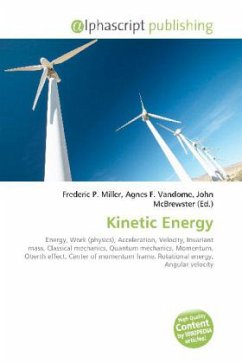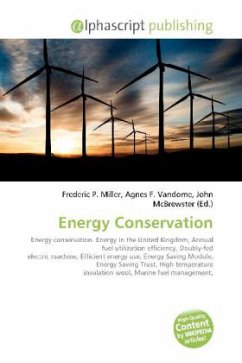In physics, the term energy describes the amount of work which may potentially be done by forces within a system. Changes in energy in systems can only be accomplished by adding or subtracting energy from them, as energy is a quantity which is conserved. (Loosely, changes in the energy of systems also coincide with changes in the system's mass).Energy in a system may be transformed so that it resides in a different state. Energy in many states may be used to do many varieties of physical work. Energy may be used in natural processes or machines, or else to provide some service to society (such as heat, light, or motion). For example, an internal combustion engine converts the potential chemical energy in gasoline and oxygen into heat, which is then transformed into the propulsive energy (kinetic energy that moves a vehicle. A solar cell converts solar radiation into electrical energy that can then be used to light a bulb or power a computer.The generic name for a device which converts energy from one form to another is transducer.








